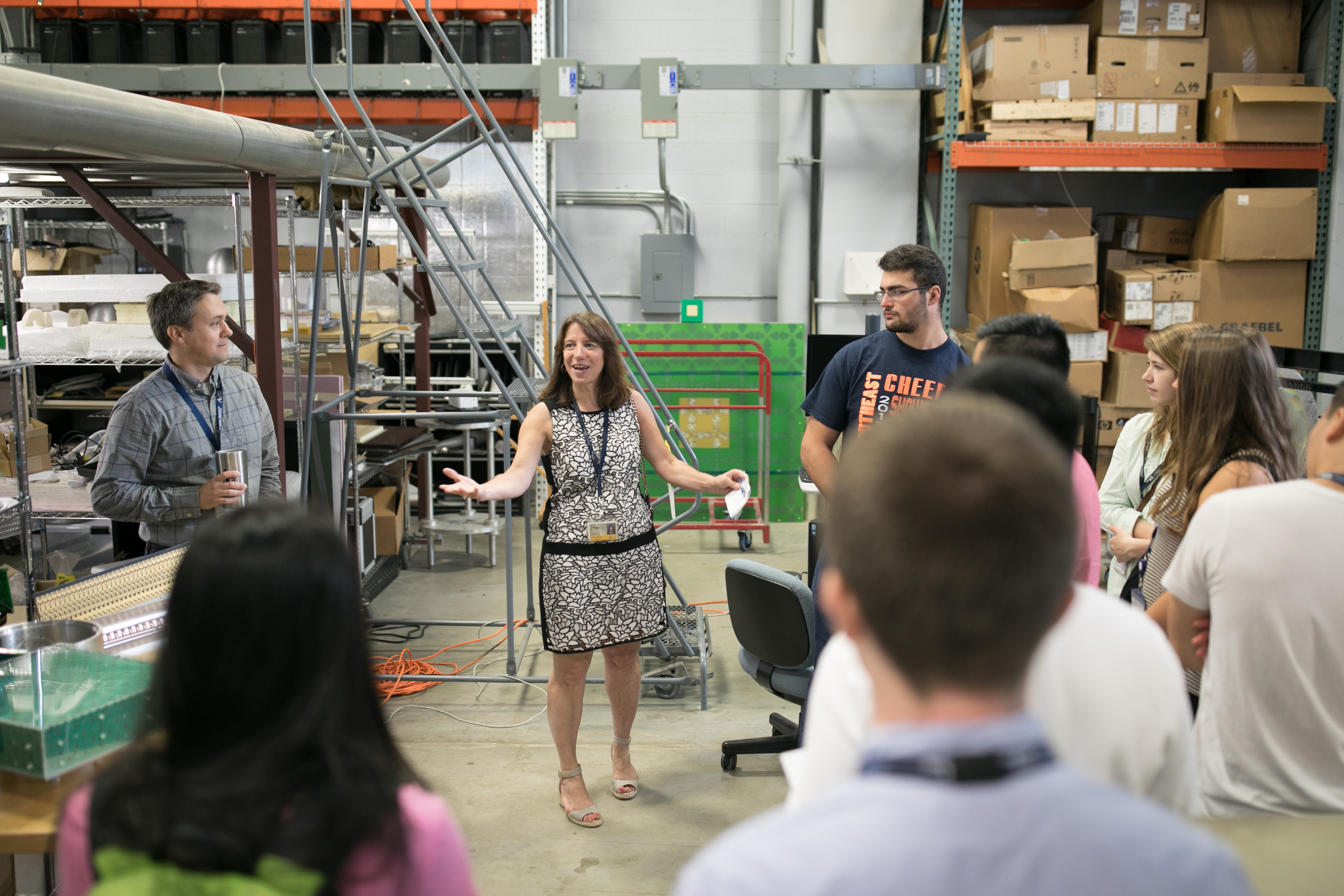
Andrew Gerber has stepped down from his position as Georgia Tech senior vice president and director of the Georgia Tech Research Institute (GTRI).
Lora Weiss, Regents researcher, deputy director, and chief technology officer at GTRI, has agreed to serve as the interim senior vice president and director of GTRI.
In this role, Weiss will report to the executive vice president for research and serve as a member of the president’s cabinet. Weiss has been at GTRI since 2006.
GTRI is the nonprofit, applied research division of Georgia Tech. It employs more than 2,000 people supporting eight laboratories in more than 20 locations around the country, and performs more than $350 million of problem-solving research annually for government and industry.





